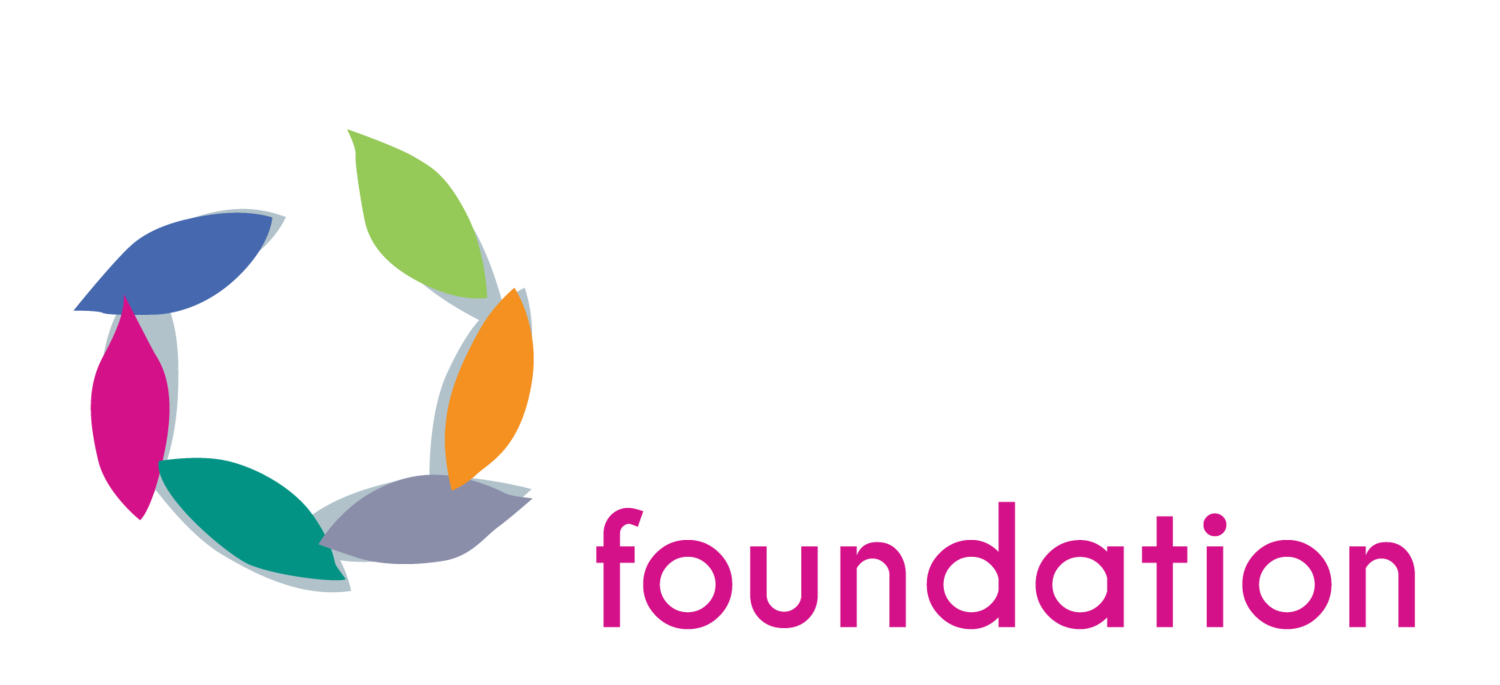Indigenous in Business - Leah Cameron - Marrawah Law
Leah Cameron is the owner and principal solicitor of Marrawah Law, an Indigenous legal practice. They are supply nation certified and provide legal advice nationally in commercial, corporate and property law, which also includes Indigenous law. They also service a range of clientele including Indigenous businesses and traditional owners, as well as government and large corporations. The work that Marrawah do for the community, along with Leah’s fantastic success earned her a spot as a finalist for the 32nd Annual Indigenous in Business Award.
Q: When did Marrawah Law start?
A: Marrawah Law was established in 2013, where Leah recalls sitting at her kitchen table with piles of client folders. She added two staff members to her team shortly after this, another solicitor, and an administration assistant.
Q: What growth has the business experienced?
A: Marrawah Law has experienced substantial growth since its inception. Acquiring two other legal firms in 2018 and achieving 50% growth year-on-year, Marrawah Law now employs 8 full time and 3 part time staff - 70% of which are indigenous, a senior management made up of 100% women and operate out of 3 separate QLD locations. Marrawah now also have offices in Melbourne and Hobart. They have not only grown in size, but their impact and footprint are growing as well, earning them recognition not only in Australia but also globally.
Q: What was the vision for the business?
A: Leah always knew that her vision for Marrawah was “different”. Statistics demonstrated to her that the legal profession was still ‘male, pale and stale’. In establishing Marrawah Law, Leah was determined to break the mould by employing more females, a more-culturally-diverse workforce and a unique approach - especially with regards to operations, experience and understanding in particular around Aboriginal and Torres Strait Islander communities. Marrawah Law has ambitions of becoming Australia’s largest, full-service national, indigenous legal firm which is owned, managed and controlled by leading indigenous legal practitioners.
Q: How does Marrawah Law give back to the community?
A: Marrawah Law gives back to the community in a number of ways. As well as the high percentage of Indigenous employees, Leah is also extremely proud of the large amount of pro-bono work for the community, particularly during Covid. They focused on assisting Indigenous we focused on helping indigenous businesses that were really suffering, helping approximately 50 businesses during the lockdowns
Q: What are the projections for future business growth?
Leah reports that growth is looking really positive at Marrawah. In the past, Marrawah have never really had to market their business. As they have recently begun marketing campaigns, Leah’s projection is that the business will at least double in size. They are actively working on becoming a mid tier firm.
“Our business is creating ripples of change across the country”
Q: What is Leah’s greatest achievement?
A: Leah states that one of her greatest achievements “would have to be the incredible indigenous aboriginal and Torres strait islander women lawyers that I have been working with in my business. I've brought a lot of them through from being law students, to being admitted lawyers and a couple of years in for a lot of them. They're not just making a huge difference in their own lives but that of the community as well. They're really breaking the cycle and their career progression is just going to be phenomenal. They really are the brightest, loveliest people you could meet, and they are making a change in the legal profession.”
Another major achievement of Leah’s is the work that Marrawah are doing to repatriate indigenous human remains from various institutions in the UK. Leah recalls that the court proceedings for these negotiations would involve around 20 lawyers, most of them being male and significantly older than her. The judges are also often male, so Leah certainly stands out.
She looks back to the time that she first began practicing law and would often get mistaken for someone’s secretary, often being sent to the back of the queue. She states “ funnily enough now…I'm the person that the seat gets saved for”.



